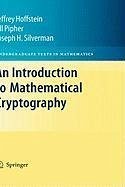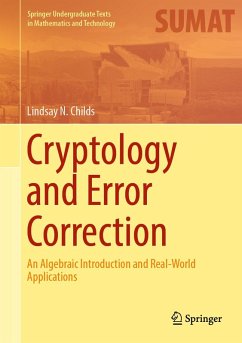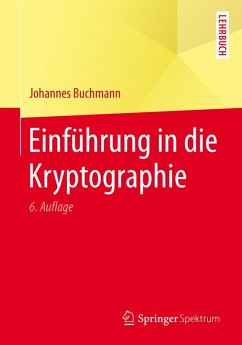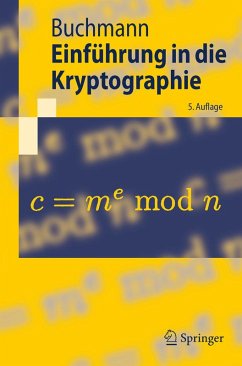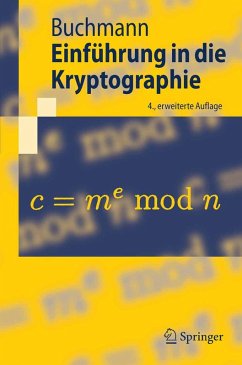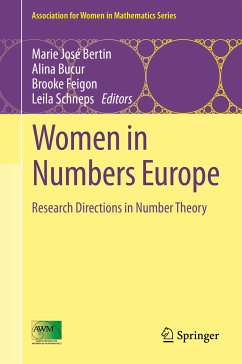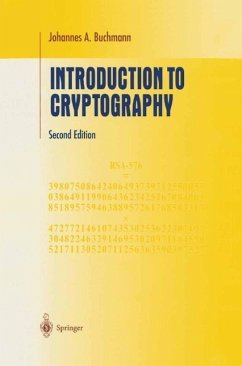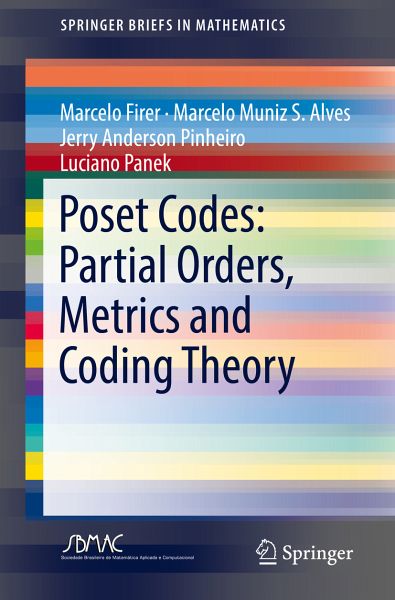
Poset Codes: Partial Orders, Metrics and Coding Theory (eBook, PDF)
Versandkostenfrei!
Sofort per Download lieferbar
40,95 €
inkl. MwSt.
Weitere Ausgaben:

PAYBACK Punkte
20 °P sammeln!
This book offers an organized and systematic approach to poset metrics and codes. Poset metrics, or metrics on a vector field determined by a partial order over a finite set, were first introduced in the mid-1990s by the mathematicians Richard A. Brualdi, Janine S. Graves and K. Mark Lawrence, and to date the relevant knowledge on this subject was spread over more than two hundred research papers. Poset metrics generalizes both the standard Hamming metric - the most important metric used in the context of coding theory - and the Niederreiter-Rosenbloom-Tsfasman metric, which is an ultrametric....
This book offers an organized and systematic approach to poset metrics and codes. Poset metrics, or metrics on a vector field determined by a partial order over a finite set, were first introduced in the mid-1990s by the mathematicians Richard A. Brualdi, Janine S. Graves and K. Mark Lawrence, and to date the relevant knowledge on this subject was spread over more than two hundred research papers. Poset metrics generalizes both the standard Hamming metric - the most important metric used in the context of coding theory - and the Niederreiter-Rosenbloom-Tsfasman metric, which is an ultrametric. Conceived to be as self-contained as possible, the book starts from basic concepts of coding theory and advances towards coding theory for poset metrics and generalizations. Each chapter includes a survey of the topic presented and a list of exercises, drawn in part from recently proven results. This work will appeal to researchers and graduate students alike, particularly those in the fields of Mathematics, Electrical Engineering and Computer Sciences, with an interest in discrete geometry and coding theory.
Dieser Download kann aus rechtlichen Gründen nur mit Rechnungsadresse in A, B, BG, CY, CZ, D, DK, EW, E, FIN, F, GR, HR, H, IRL, I, LT, L, LR, M, NL, PL, P, R, S, SLO, SK ausgeliefert werden.
Alle Preise in Euro und inkl. der gesetzl. MwSt. | Innerhalb Deutschlands liefern wir preisgebundene Bücher versandkostenfrei. Weitere Informationen: bitte hier klicken
Support
Bitte wähle dein Anliegen aus:
Rechnungen
Bestellstatus
Retourenschein
Storno



